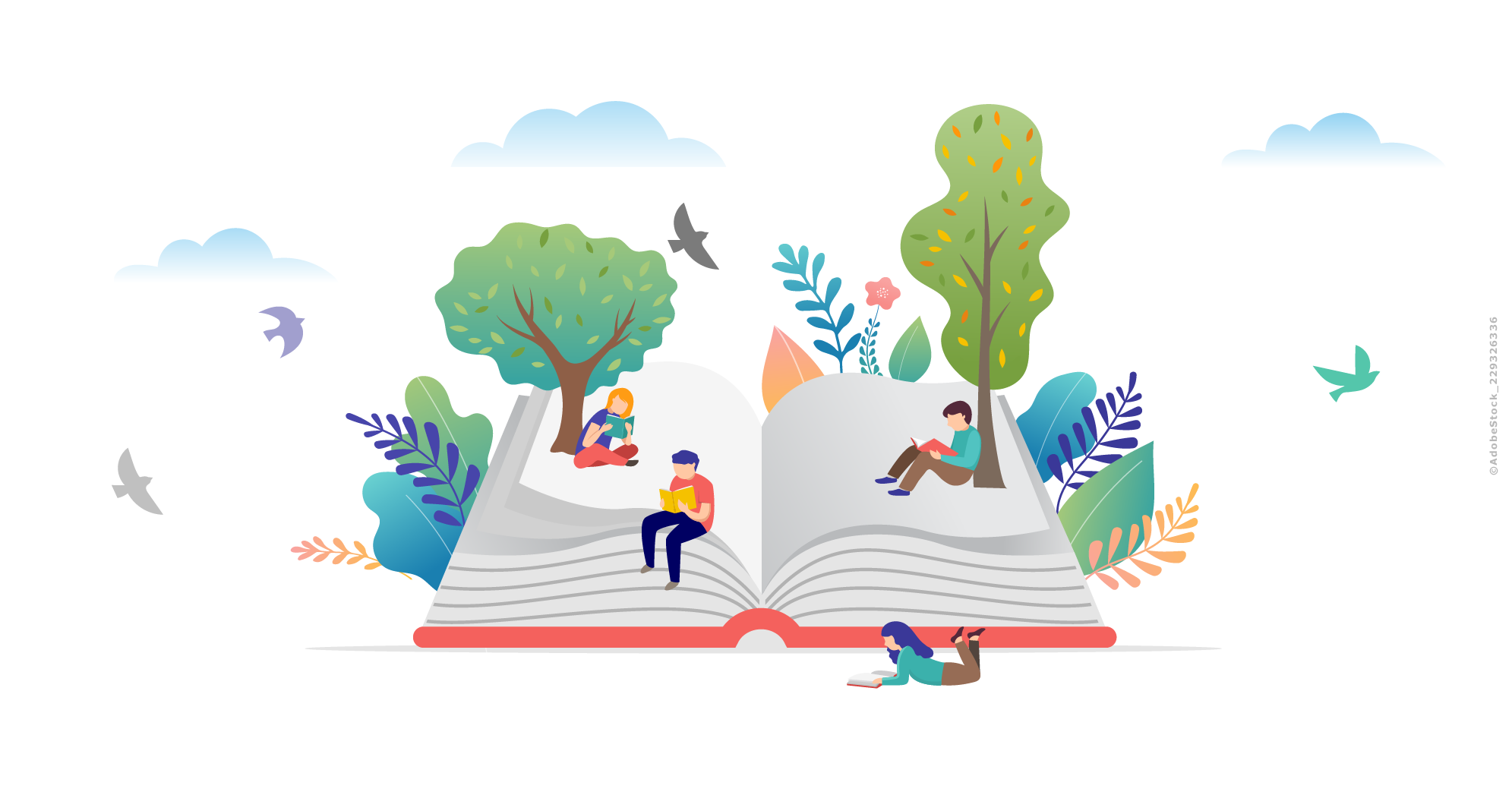EUNA
Prerequisite
The educational potential of nature-based solutions (NBS) remains largely unexplored, whilst innovative programmes and resources around NBS are currently missing from formal and informal education programmes for children and families. This course aims to bridge that gap by exploring the implementation of Nature-Based Solutions in classrooms through ready-to-use learning scenarios. The learning scenarios presented in this course promote critical thinking, collaboration, and project-based learning, and can be easily adapted for an array of subjects. Furthermore, the learning scenarios include suggestions for online implementation.

Welcome to the Exploring Nature-Based Solutions in Your Classroom MOOC
On this page
"If we destroy nature, nature will destroy us" - Wangari Maathai
We are increasingly becoming aware of environmental issues, and its impact on our societies and everyday life. Teachers are trying to form informed and active students, who will work and build with nature, instead of in separation from it. However, the educational potential of nature-based solutions (NBS) remains largely unexplored, whilst innovative programmes and resources around NBS are currently missing from formal and informal education programmes for children and families.
This course aims to bridge that gap by exploring the implementation of nature-based solutions in classrooms through the connection with contemporary research and NBS practitioners, including ready-to-use learning scenarios.
The learning scenarios presented in this course promote critical thinking, collaboration, and project-based learning, and can be easily adapted for an array of subjects. Furthermore, the learning scenarios include suggestions for online implementation.By joining this course, teachers can introduce such NBS initiatives to their school communities. Moreover, they could initiate discussions about risk reduction and building resilience to crisis, which in result, would make their students and their families aware of the benefits of NBS for society.
Join us in the Facebook group or share your thoughts on Twitter using the hashtag #NBSMOOC
Learning objectives
- Learn what nature-based solutions are
- Get to know a range of resources, tools, and strategies for integrating NBS in your school community such as Oppla and Naturvation
- Find NBS projects in Europe and practitioners near you that can help you create your NBS learning scenario
- Explore NBS learning scenarios, created by 15 teachers from 7 different countries and 2 European Schools
- Reflect on your professional practice, and engage with teachers and NBS practitioners from all over Europe
- Create your NBS learning scenario and review the works of course peers
Prerequisites
This course is open to anyone willing to take it, but the main target audience are primary and secondary school teachers from Europe and beyond.
Modules
- Module 1: What are Nature-Based Solutions? opens on 11/01/2021
- Module 2: Pedagogies supporting NBS implementation in your classrooms and the formation of an active youth opens on 18/01/2021
- Module 3: Addressing NBS in Your Classroom as a Response to Real-World Problems opens on 25/01/2021
- Module 4: Submit Your NBS Learning Scenario! opens on 01/02/2021
Certification
To earn a course certificate, course participants need to submit their NBS learning scenario and review three learning scenarios of other participants. The final deadline to complete all activities is 17 February 2020, 23:59 CET. The participation in the quizzes will amount to 5% of the final grade and is not a requirement for receiving the course certificate. The learning scenario, together with the peer reviews, will count for 95% of the final grade. The overall passing grade is 95%.
Note to teachers from Portugal: You can get your successful participation in a European Schoolnet Academy course formally recognised as a valid continuous professional development, and thereby acquire the relevant number of training hours, by sending your certificate to the Conselho Científico e Pedagógico de Formação Contínua (CCPFC) at Rua do Forno, nº 30, 1º andar - apartado 2168, 4700 - 429 Braga, Portugal. For more information, please contact the CCPFC.
Note to teachers from Castilla y León: Si eres profesor de Castilla y León, y además del certificado de la European Schoolnet Academy, quieres recibir un certificado oficial de parte de la Consejería de Educación de la Junta de Castilla y León inscríbete en la página web del CFP Idiomas de Castilla y León http://cfpidiomas.centros.educa.jcyl.es/sitio/
Copyright
The course image used was taken from Adobe Stock: 229326336 by Marina Zlochin
All content on this course unless specified otherwise is licensed under a Creative Commons Attribution-ShareAlike 4.0 International License

